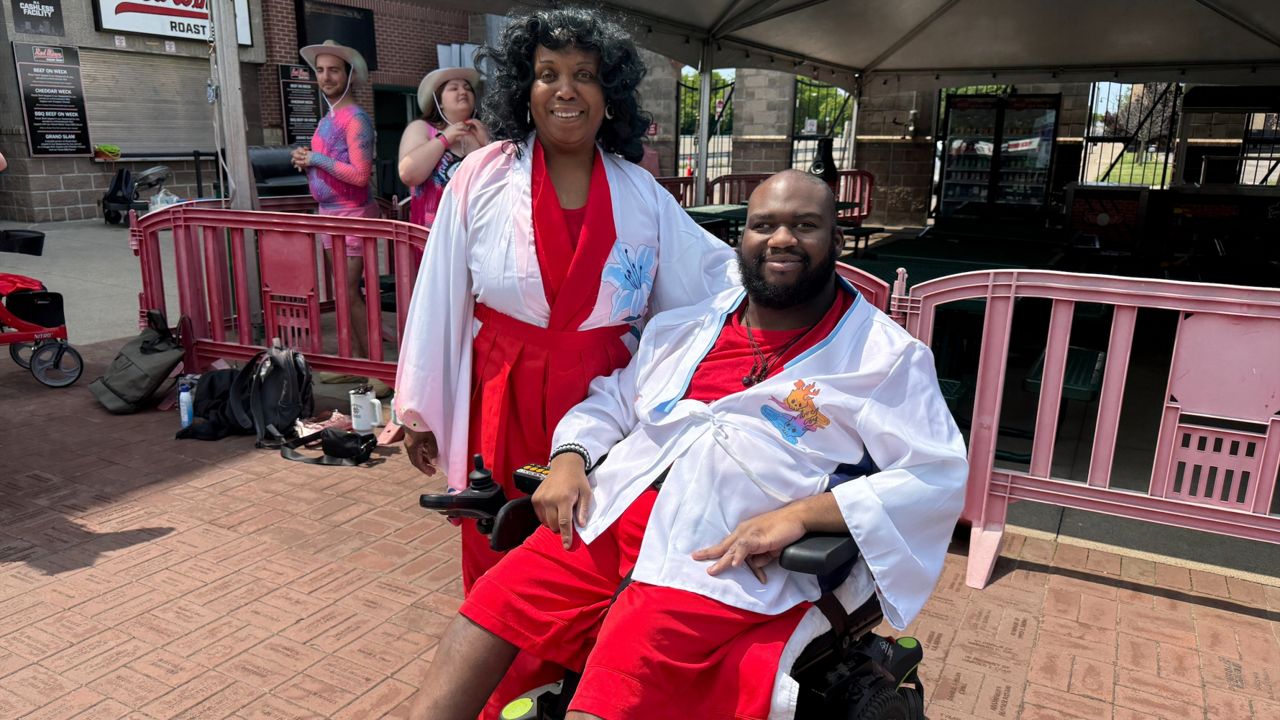ROCHESTER, N.Y. — A prison transition home for men in Rochester has gotten quite the upgrade, with a move to a larger facility last month.
Teejay St. John has always felt at home in a kitchen.
“Growing up, I lived in a family where we liked to eat,” St. John said. “And my mom is a really good cook, so I took it from her.”
But he especially feels at home at the Nielsen House. He graduated from Spritus Christ’s prison transition program three years ago, but still returns often to help out.
“It gave me something I never thought I would have, and that’s freedom from substance abuse disorder,” St. John said. “And I feel like I owe them and this is my way of giving back to them.”
Before the Nielsen House, he struggled with drug addiction for ten years, an addiction he ultimately went to jail for.
“My family didn’t want nothing to do with me,” St John said. “I didn’t have friends. I didn’t have anything.”
Now he helps others struggling with addiction at Open Access, a future he credits to the support and resources he got through Nielsen House.
“When I came into this place, they accepted me for all the baggage that I had and all the hardships I was facing,” St. John said. “And they never once judged me, and they showed me how to live life on life’s terms.
And now the Nielsen House has grown, moving to a new location off North Goodman Street in September that can house twice the number of guys: 20.
“If you didn’t have a safe house to go to, and you were released somewhere homeless or a bad situation, and expected to do well - it’s almost unfair,” Nielsen House director Jon Olsen said.
Olsen, another Nielson House graduate, says the program gives residents a second chance, with case management, goal setting and life skills.
“You have that mentality of being institutionalized,” Olsen said. “And I always say the biggest struggle is, you are releasing someone, basically homeless, into a shelter, and expecting them to do well and not get back in trouble.”
All of which break the barriers of re-entering into society.
“There’s nothing better than seeing someone coming in who was in such a bad situation, but then all of a sudden the light switches on and they start doing the right thing,” Olsen said.
Which is why even around new faces, eating at the Nielsen House is like eating with family.
“That’s something when you’re out on the streets, or you’re in prison, or you’re in jail, you don’t have,” St John said. “You have family on the outside, but you don’t have family on the inside. So getting together is a benefit because it brings everyone in the house together.”








